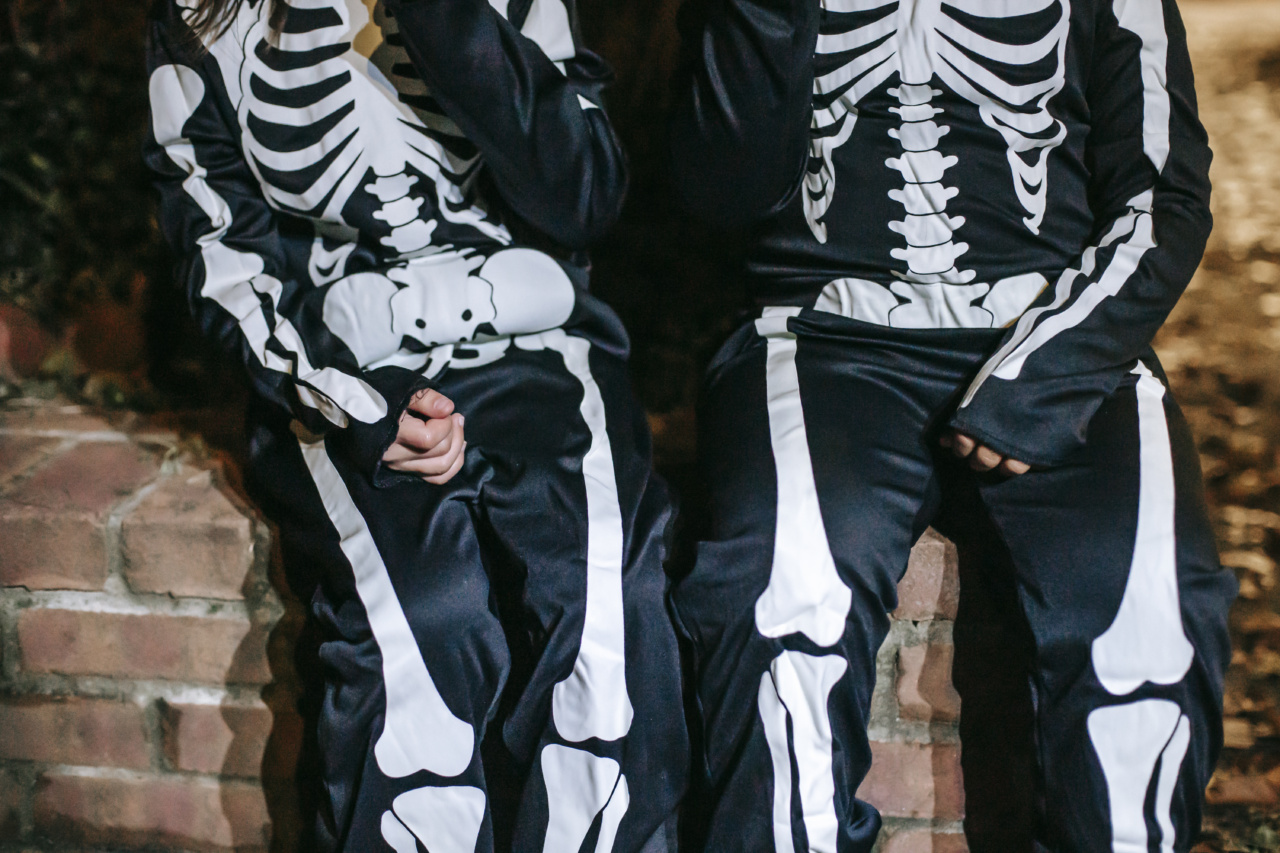Horror movies have always been a popular genre in the film industry, captivating audiences with their spine-chilling thrills and eerie storytelling.
As a parent, you may wonder when the right time is to introduce your child to the world of horror movies.
Should you shield your child from these frightening tales or embrace their curiosity and allow them to experience this genre? In this article, we will explore the best age to introduce your child to horror movies and the potential effects it can have on their development.
The Impact of Horror Movies on Children
Before diving into the appropriate age to introduce horror movies to your child, it is crucial to understand the potential impact that these films can have on their young minds.
Horror movies often rely on fear, violence, and unsettling imagery to create a sense of suspense. These elements can have both positive and negative effects on children, depending on their age and emotional maturity.
1. Age 6-8: Too Young for Horror
At the age of 6 to 8, children are still in the early stages of emotional and cognitive development.
Their ability to differentiate between reality and fantasy may not yet be fully developed, and they may struggle to grasp the fictional nature of horror movies. Exposing children at this age to horror movies can lead to nightmares, anxiety, and fears that may persist into their later years.
2. Age 9-12: Tread Carefully
In the age range of 9 to 12, children begin to have a better understanding of fantasy and reality. They have developed some coping mechanisms and have a higher tolerance for fear-inducing experiences.
However, it is still crucial for parents to determine their child’s individual sensitivity and maturity level before introducing them to horror movies.
3. Age 13-15: Developing Resilience
During early adolescence, children start to develop a stronger sense of self and are more able to differentiate between real and imaginary fears. This age group is more likely to enjoy horror movies without experiencing long-term negative effects.
It can even help them develop resilience and coping skills by exposing them to controlled fear in a safe environment.
4. Age 16 and above: Mature Audiences
By the age of 16, most teenagers have a well-developed understanding of horror movies and their fictional nature.
They can more easily separate what they see on screen from reality, making this age group better equipped to handle the intense and sometimes disturbing content found in horror films.
Benefits of Introducing Children to Horror Movies
While horror movies may not be suitable for all children, there are some potential benefits to consider when deciding the appropriate age to introduce them. These benefits include:.
1. Emotional Resilience
Experiencing controlled fear in a movie setting can help children build emotional resilience and learn to cope with fear-inducing situations in their own lives.
When children watch horror movies with their parents, they have a support system to navigate through the emotions and develop healthy coping mechanisms.
2. Catharsis and Empowerment
Horror movies often depict characters overcoming their fears and triumphing over evil.
This can provide children with a sense of catharsis, where they can release pent-up emotions in a safe environment and feel empowered by witnessing characters who face and conquer their own fears.
3. Critical Thinking and Problem Solving
Horror movies often involve complex narratives and suspenseful situations that require viewers to think critically and solve problems.
This can enhance a child’s analytical skills and ability to think creatively while dissecting the plot and predicting future events within the movie.
4. Shared Family Experience
Watching horror movies together as a family can create lasting memories and strengthen familial bonds. It provides an opportunity for open discussions about fear, fantasy, and the difference between real and imaginary situations.
Conclusion
Choosing the right age to introduce your child to horror movies is a decision that should be based on their individual maturity level and emotional sensitivity.
While horror movies can have positive effects on children’s development, it is crucial to consider their cognitive abilities and emotional well-being. By understanding the potential impact and benefits of horror movies, parents can make informed decisions that align with their child’s overall growth and well-being.




























